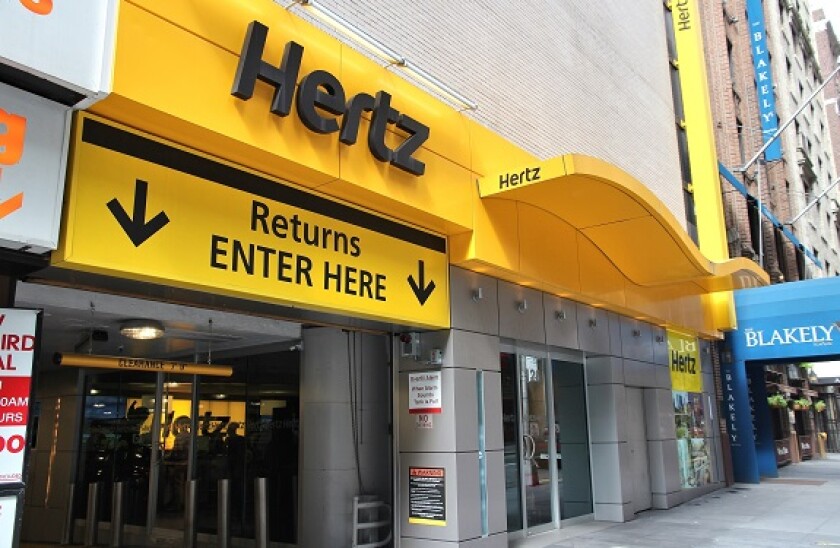The pandemic sparked a wave of bankruptcies, particularly in high capital usage and consumer facing businesses, of which Hertz is an example of both. Securitization players are expecting the rental car company could be among the first ABS sponsors to file for bankruptcy in the Covid-19 era.
Hertz has said that it is bracing for a potential Chapter 11 bankruptcy filing, or forced liquidation, after failing to make payments to its lessors. Most recently, Hertz announced that it has entered into a forbearance agreement with some of its lenders, a deal that will expire on May 22.
Whatever the ultimate fate of the company, its struggle could be a proving ground for how remote asset-backed securities are from the effects of borrower bankruptcy. A positive outcome for bondholders would solidify the ABS market as a safe haven compared with corporate bonds, thanks to the hard line drawn between the company and the special purpose vehicle (SPV) through which its ABS are issued.
Rental car ABS sponsors have faced bankruptcy before, including ANC Rental in 2001 and Budget Group in 2002. Both ended with the companies paying off the ABS deals. In both cases, the bankruptcy court recognised the remoteness of the SPV from the bankruptcy, drawing a clear line between the solvency of the sponsor and the ring-fenced securitization vehicle.
Funding through ABS is also an attractive way of shoring up liquidity for many sponsors, and issuers know it could be “near-suicidal” to burn bridges with investors, as one source put it.
Hertz’s investors still face risks, however. Liquidating its fleet has been suggested as one answer to its problems. This could be tricky, especially since Hertz will have to sell off its fleet into a depressed used car market. It’s not guaranteed that Hertz will be able to sell most of the vehicles at an adequate price, and a sales process could take months.
Another cause for concern is that investors have little control over whether the company actually follows the procedures outlined in the ABS documentation designed to protect them. Hertz has agreed to provide weekly updates for investors, but they have little way of knowing for sure that the company is following provisions.
By any measure, the senior note holders appear to be well protected against losses. It is the junior investors that stand to lose, should Hertz face problems in the used car market or in meeting its procedures.
That any investor could make it out of a bankruptcy intact, however, shows —once again during the coronavirus pandemic — that a market demonised in the last crisis will offer better protection than more mainstream alternatives this time around.

